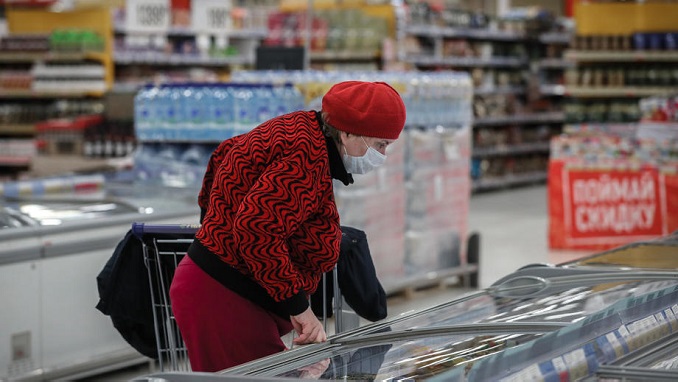Due to the coronavirus, Moscow Mayor Sergei Sobyanin imposed additional limitations. They are related to the home regime for elderly people, the relocation of certain employees to remote employment, and the increase of the need for vaccines among service personnel, Kommersant writes.
The mayor went on to say that almost 80% of mechanical ventilation patients are now elderly. They account for 86 percent of all coronavirus fatalities. “In this circumstance, we must take immediate action to safeguard the elderly and other vulnerable groups of people,” Mr. Sobyanin added.
In the capital, new limitations have been imposed:
-Home regime for inhabitants of the capital over the age of 60, as well as those suffering from chronic illnesses. There is no limit to the number of walks and physical education classes that may be taken outside in the fresh air. Simultaneously, elderly and chronically sick Muscovites who have had coronavirus in the past 6 months or who have been vaccinated are excused from the requirement to follow a home regimen.
-Transfer of 30% of workers to teleworking mode, as well as all employees over the age of 60 who suffer from chronic illnesses. Employees whose presence is essential to the organization’s functioning are an exception. The need to convert to remote work does not apply to employees who have been vaccinated or who are sick.
-Increased immunization requirements for service employees. By January 1, 2022, businesses and organizations in these sectors must guarantee that at least 80% of their entire workforce population has been vaccinated.
Russia has reported a record COVID-19 mortality rate for the whole epidemic on the last day – 1,015 individuals have died. 225 325 coronavirus sufferers have died from the beginning of pandemic.
At a meeting of the government presidium on the battle against coronavirus today, Deputy Prime Minister Tatyana Golikova made an appeal to President Vladimir Putin to institute non-working days from October 30 to November 7. In her view, it is essential to offer non-working days beginning October 23 for a number of areas.












